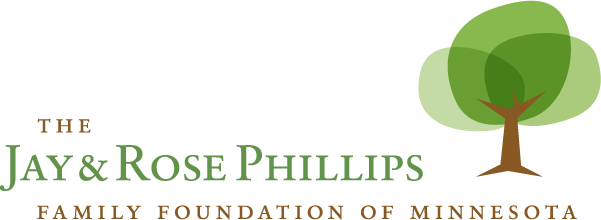In the past months, I’ve found myself having heated discussions with family and friends about the cutback of SNAP and the idea of the deserving poor vs. those who seemingly don’t deserve it. While at times we agree, many times we don’t. I realize that much of time it comes down to our understanding of poverty.
Over the last 4 months as a VISTA, poverty is exactly our focus. Frankly, as VISTAs, we’re here to “fight poverty.” Through the Phillips Sectoral Employment Initiative (PSEI), we are placed at workforce development organizations that aim to provide job training and connect employment opportunities to communities that historically been disenfranchised. At Summit Academy OIC, our tag line is: “The best social service program in the world is a job.” If everyone had a job that paid them a living wage, imagine how that would change the values and vision of a once downtrodden community? Priorities change when poverty is gone.
But employment is just one piece of the puzzle. While I am working for Summit Academy OIC, a dynamic and innovative organization that promotes self sufficiency through training in construction and healthcare, I am also volunteering for a homeless shelter in Saint Paul a couple times a week. Both deal with poverty, but with a different approach with two different populations, which have given me much insight into the barriers of stability.
The thing is that we have those who were born into poverty, and those who have fallen into poverty because of the current state of the economy. These are two different categories of people, which, much of time, are deemed the same because of the poverty line. There are a variety of factors and issues that perpetuate poverty such as the lack of educational attainment, intergenerational poverty, dependency, healthcare, minimum wage, criminal history, and inadequate social welfare policies.
You certainly don’t need to go all Barbara Ehrenreich and dive into ‘poverty’ to understand it because frankly I don’t think you would anyways. Surely, you may come out at the end enlightened and say “oh boy, it’s hard to be poor,” but poverty is not just about income or a lack of safety nets. It is also about the behavior and decision making of ‘the poor’ along with structures that perpetuate inequity. It’s about historical and continued injustice, and the values of responsibility and motivation that make poverty so complex.
And because of that, as a VISTA, it’s important to take a more nuanced look at poverty and tread with compassion and understanding, while acknowledging what others may not.
Tiffany Vang
Community and Research Organizer
PSEI AmeriCorps VISTA
